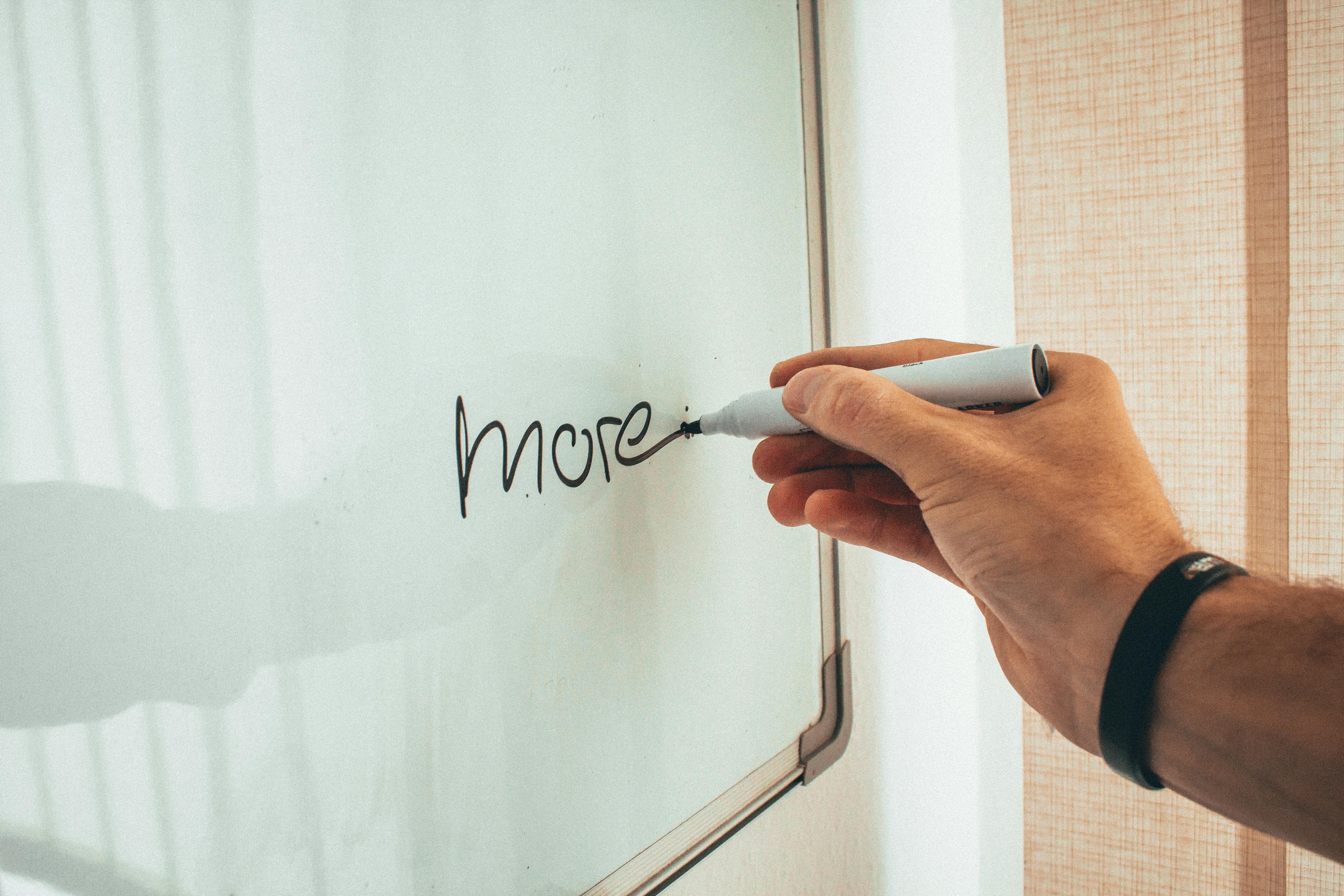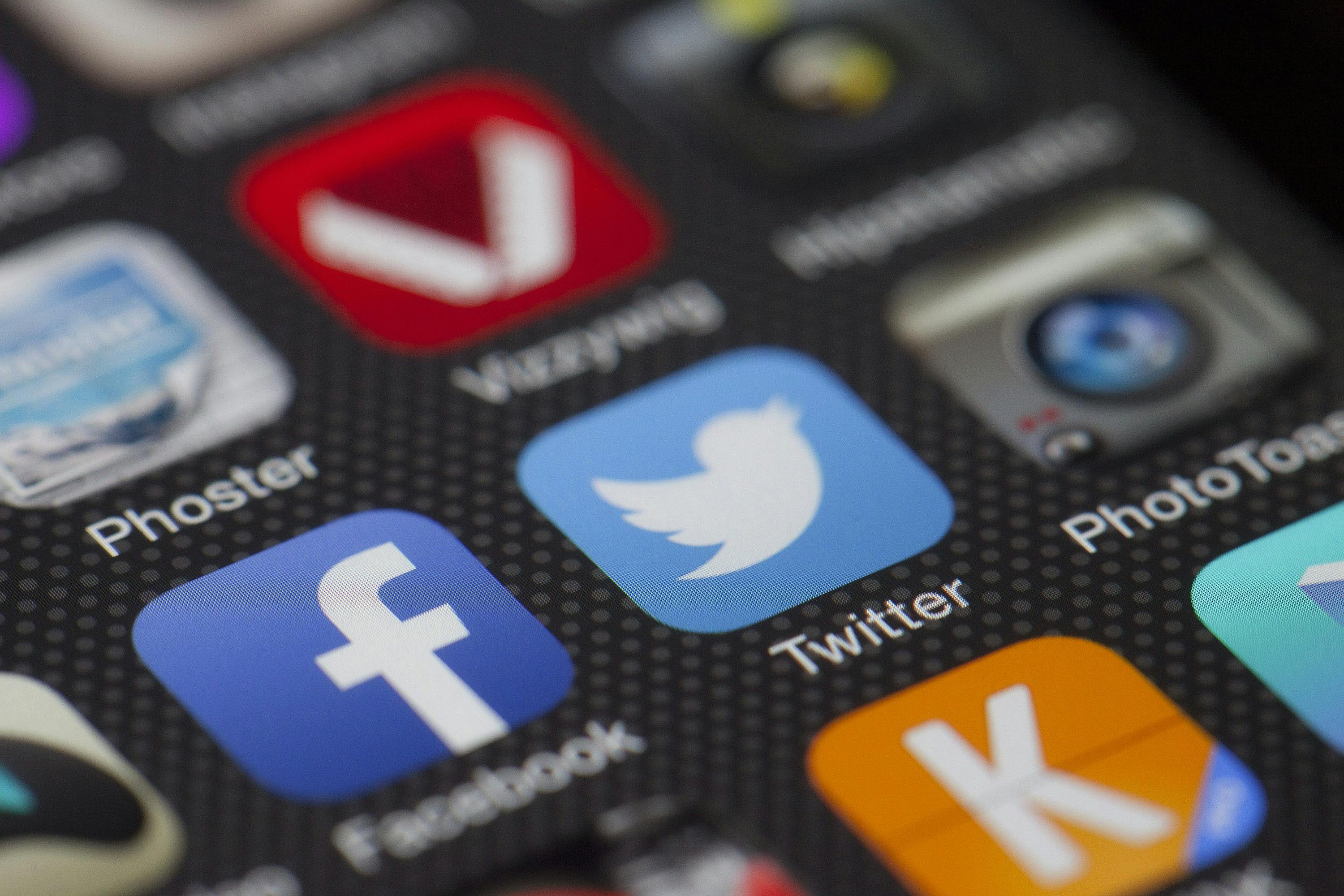How to compare with others
Why wasn’t I the one who get promoted?
Why did he get the dream school and not me?
It is in our DNA
“Stop comparing with others”, said our parent, teacher, mentor, manager, coach and many others. But it turns out there are more nuisance on how we keep ourselves moving forward and how we could handle our emotion along with comparing with others. There has been done research on monkeys to find out if monkeys compare themselves with others. The answer is of course monkeys do. They compare what food the other monkey is getting or eating it, and if they have a better food than others, they feel satisfied. So are the human beings. We compare everything everyday. We all do and it is in our DNA.
But is it healthy? Should we compare with others?
The truth
It is a myth that the less you compare yourself to others, the better. Often the opposite is true:
We don’t compare ourselves enough.
Yes, that is right. In reality, we tend to compare our weaknesses to other people’s strength. When we see someone who is good at sport, we wish we could do the same. When we hear someone get promoted at his/her work to manage 200 people, we question our career choice. Moreover, we tend to picture top 10% who are more successful in the field that we are not currently good at and we forget or ignore about the bottom 10% to compare.

But have we thought about the price that the person has paid or going to pay for the success? The one who get promoted to manage 200 people is now having meetings back to back and didn’t have time to enjoy creative works. Instead of having person to person meeting, she has to spend her time to manage teams. Would it be the kind of success that we would embrace? Finding ways to curate our inputs is often much more useful.
Two types of envy
Envy is defined as a feeling of discontent over someone’s possessions, quality or luck. There are two types of envy:
- malicious envy -> it is a kind of destructive thought. Creating trouble so as to make the life worse for someone. A mental model with “zero-sum”, in order to gain something, someone must lose it.
- benign envy -> thoughts such as “I am inspired by what they’ve done” or “I haven’t done what they’ve done yet”. If we could aware of our own thoughts and move from malicious envy to benign envy, it could move us to a healthier place.
Avoid social media

Unless we could live in a jungle with no one, we could not escape from social media. Social media such as Facebook, Linkedin, Instagram and many other platforms are known to be toxic as they represent top 10% of success. It amplifies the glory while ignore our usual self. Pause and think, if you are seeing posts from someone, the algorithm has chosen to highlight the best parts of your friends’ life and your friends have chosen to share the best parts of their happy life.. Be cautious about social media.
If you are feeling down or blue, better to stay away.
Instead, we could plan of doing something that could help us to recover. For example, how about playing some games with friends? Reading books? Exercise?
Conclusion
In recent study, 75% of people reported that they assess self-worth by comparing with others. Are we one of them? It is inevitable that we will have to live these big emotions such as envy (we wish we could have it) and jealousy (we wish to have it instead of someone else) sometimes. How do we deal with it? While we know it is the human nature, if it stuck in our mind for a long time, then it is not a healthy thing anymore. In this case, we have to ask ourselves if we would want to spend our time and energy on thinking about it. Instead we should divert our thoughts to some energy to drive a better outcome for ourselves.
